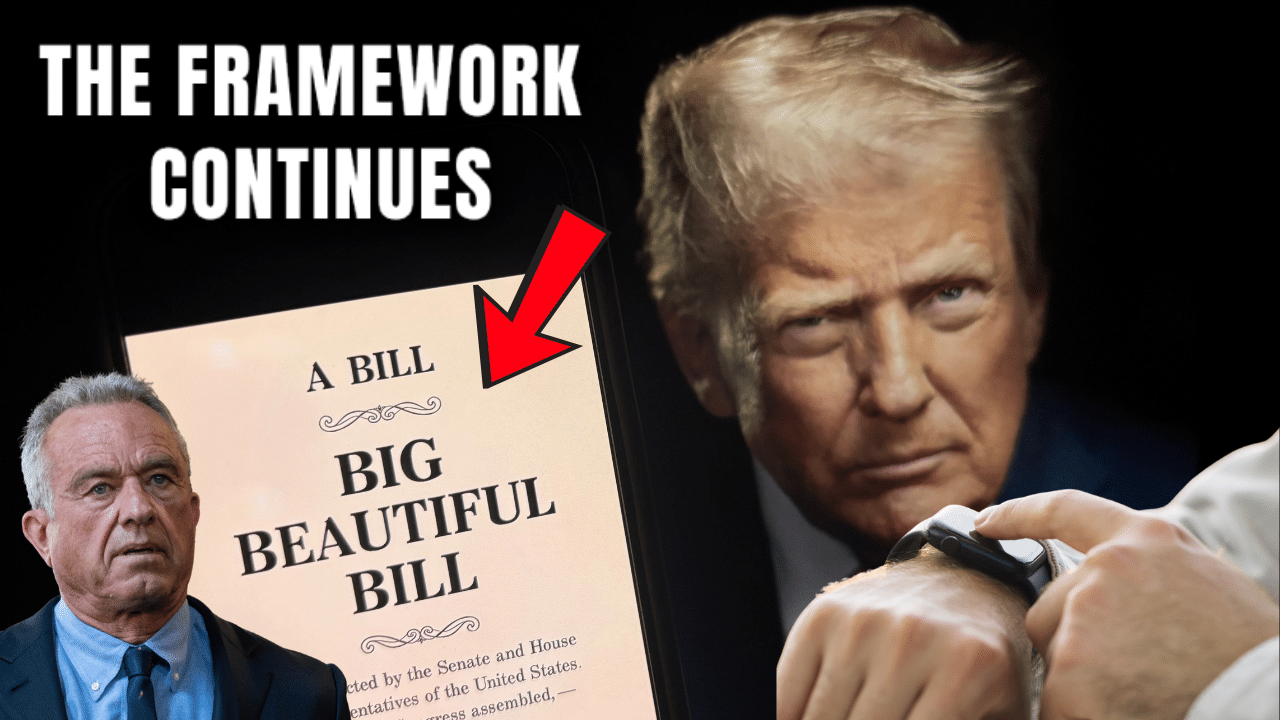The Trump administration is exploring policies to boost the United States’ declining birth rate, including a potential $5,000 “baby bonus” payment to encourage families to have more children, according to Newsweek.
This initiative comes as the U.S. birth rate hit a record low of 54.5 births per 1,000 females aged 15 to 44 in 2023, a 3% drop from 2022, as reported by the National Center for Health Statistics at the Centers for Disease Control and Prevention (CDC).
Below is an overview of the proposed policy, its context, and the perspectives surrounding it, based on recent news coverage.
The U.S. birth rate has been steadily declining for years, down 20% since 2007, prompting concerns about economic and demographic challenges such as an aging workforce and strained social safety nets.
Vice President JD Vance has publicly emphasized the need for “more babies” to sustain the nation’s future, a sentiment echoed by some administration officials.
The administration’s interest in pro-natalist policies aligns with efforts to support American families, though specific measures remain under discussion.
According to a New York Times report cited by Newsweek, White House aides have been meeting with policy experts and advocates to discuss strategies to increase the birth rate.
One prominent proposal is a $5,000 baby bonus, a direct payment to parents to alleviate financial barriers to starting or expanding families. While no final decisions have been made, the idea has gained traction among some Trump administration allies.
The White House, when contacted by Newsweek, stated that President Donald Trump is “proudly implementing policies to uplift American families,” though it did not confirm or deny the bonus specifically.
ABC News also reported on the baby bonus, noting that the administration is fielding proposals from groups focused on encouraging marriage and childbirth.
These groups, including advocates like Simone and Malcolm Collins, have suggested additional measures such as a “National Medal of Motherhood” for mothers with six or more children.
The Collinses have drafted executive orders for the White House, signaling a proactive push from pro-natalist factions.
Beyond the baby bonus, the administration is considering policies to make in vitro fertilization (IVF) more affordable and accessible.
A report on IVF recommendations is due in May, indicating a broader approach to addressing fertility challenges.
Additionally, Transportation Secretary Sean Duffy, a father of nine, reportedly signed a memo instructing the Department of Transportation to prioritize communities with above-average marriage and birth rates, a move that underscores the administration’s pro-family agenda.
The baby bonus proposal has sparked varied responses.
Supporters argue that financial incentives could ease the economic burdens of parenthood, such as childcare costs and housing expenses, which deter many from having children.
White House spokesperson Karoline Leavitt highlighted Trump’s broader family-focused policies, including tax reductions and border security, as complementary efforts to support families.
However, critics question the efficacy and motives of such policies.
A post on X from user @epicm0ds noted that similar baby bonus programs in countries like Japan, South Korea, and Hungary have not significantly reversed declining birth rates.
Critics argue that the proposal may prioritize ideological goals over addressing deeper economic barriers, such as stagnant wages or lack of parental leave.
Some also raised concerns about speculative claims, such as prioritizing Fulbright scholarships for married applicants or parents, which lack official confirmation.
Additionally, a post by @grok clarified that rumors about specific details—like a 60/40 split of the bonus or requirements tied to vaccination status—are not part of any official proposal and appear fabricated. This highlights the need for caution amid unverified social media claims.
The discussion around the baby bonus reflects a growing political focus on demographic trends.
Posts on X, including those from @BAllgood2022 and @GodBlessUS40511, indicate public interest in the proposal, with some framing it as a proactive response to record-low birth rates.
However, the policy’s success may hinge on addressing structural issues like healthcare access and economic stability, which significantly influence family planning decisions.










